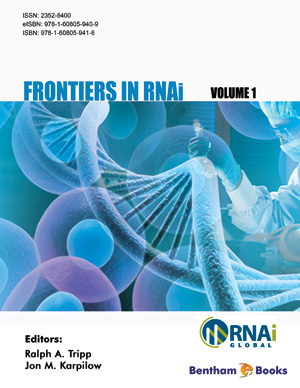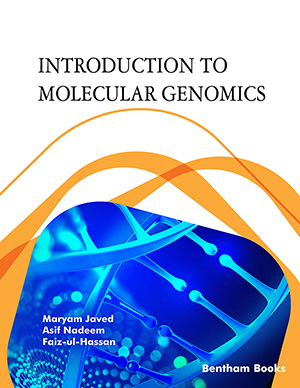Abstract
Prader-Willi syndrome (PWS) is a complex genetic disorder that affects multiple systems due to genomic imprinting errors in which loss of paternally expressed genes from the chromosome 15q11-q13 region causes this rare obesity related disorder. About 70% of individuals with PWS will have a paternal de novo deletion of the 15q11- q13 region consisting of two subtypes (i.e., larger Type I or smaller Type II). A second genetic cause is maternal disomy 15 in which both 15s are from the mother and seen in about 25% of cases. The remaining subjects have either defects in the imprinting center that controls the activity of genes under it’s control. This syndrome is characterized by a typical facial appearance, hypotonia with a poor suck and feeding difficulties during infancy, hypogonadism and hypogenitalism, short stature and growth and other hormone deficiencies with short stature and small hands and feet. Learning and behavioral problems (e.g., skin picking, temper tantrums) are present in the majority of subjects. Food seeking and hyperphagia leads to obesity in early childhood. Obesity is a significant health problem and PWS is considered the most common known genetic cause of life-threatening obesity in children. Growth hormone therapy is often prescribed to improve stature, body composition (increased muscle mass and strength with lowered fat quanity). Syndrome specific standardized growth charts are now available to assist in monitoring growth patterns during growth hormone treatment from infancy to adulthood. The chromosome 15q11-q13 region contains multiple genes and transcripts in which a dozen are imprinted and paternally expressed and when disturbed leads to PWS. Angelman syndrome, an entirely different disorder is due to loss of a maternally expressed gene (i.e., UBE3A) located in the same chromosome region. Other genes in the area are either bialletically (normally) expressed or show paternal bias of expression. This review will summarize the clinical features, current understanding of genetic causes and natural history with clinical presentation of individuals with PWS.
Keywords: Angelman syndrome, clinical presentation and differences, deletion, genomic imprinting, genotype/phenotype, growth hormone deficiency, maternal disomy 15, obesity, paternal expression, Prader-Willi syndrome, PWS genetic subtypes.


















